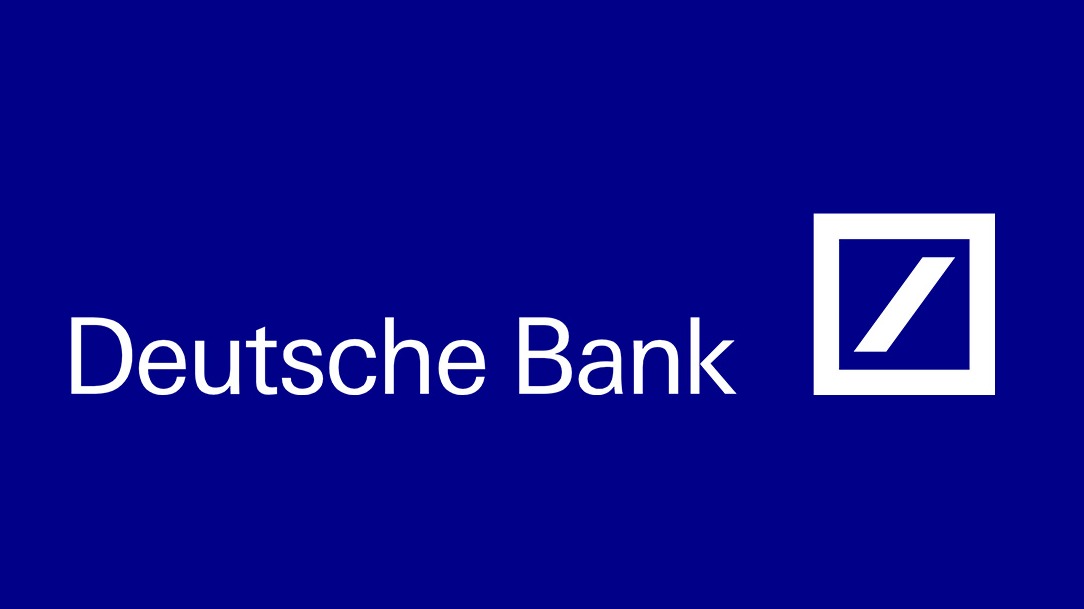Deutsche Bank has gone live on CLSNet, the bilateral payment netting calculation service for over 120 currencies.
The system, developed by CLS, is designed to standardise and centralise post-trade processes, with CLSNet assisting in helping market participants to “reduce risk and achieve greater operational efficiency” for a broad range of currency flows.
CLS said its service has seen increased adoption in the past year, with a year-on-year increase of over 400 per cent in the average daily volume of net calculations in the first quarter of 2023.
This reflects the industry's growing need for risk reduction, operational efficiency and liquidity optimisation, it added.
“We are delighted to announce that Deutsche Bank has gone live on CLSNet,” said Lisa Danino-Lewis, chief growth officer at CLS. “With our network expanding globally, participants are experiencing significant improvements in liquidity optimisation, operational efficiencies and risk mitigation.”
Deutsche Bank was recently fined $186 million by the US Federal Reserve for anti-money laundering failures.
The enforcement action included a written agreement to address "general deficiencies" relating to the bank's governance, risk management, and controls, and was held against the bank, its New York branch, and other US-based affiliates.
Latest News
-
Gemini to cut quarter of workforce and exit UK, EU and Australia as crypto slump forces retrenchment
-
Bank ABC’s mobile-only ila bank migrates to core banking platform
-
Visa launches platform to accelerate small business growth in US
-
NatWest to expand Accelerator programme to 50,000 members in 2026
-
BBVA joins European stablecoin coalition
-
eToro partners with Amundi to launch equity portfolio with exposure to ‘megatrends’
Creating value together: Strategic partnerships in the age of GCCs
As Global Capability Centres reshape the financial services landscape, one question stands out: how do leading banks balance in-house innovation with strategic partnerships to drive real transformation?
Data trust in the AI era: Building customer confidence through responsible banking
In the second episode of FStech’s three-part video podcast series sponsored by HCLTech, Sudip Lahiri, Executive Vice President & Head of Financial Services for Europe & UKI at HCLTech examines the critical relationship between data trust, transparency, and responsible AI implementation in financial services.
Banking's GenAI evolution: Beyond the hype, building the future
In the first episode of a three-part video podcast series sponsored by HCLTech, Sudip Lahiri, Executive Vice President & Head of Financial Services for Europe & UKI at HCLTech explores how financial institutions can navigate the transformative potential of Generative AI while building lasting foundations for innovation.
Beyond compliance: Building unshakeable operational resilience in financial services
In today's rapidly evolving financial landscape, operational resilience has become a critical focus for institutions worldwide. As regulatory requirements grow more complex and cyber threats, particularly ransomware, become increasingly sophisticated, financial services providers must adapt and strengthen their defences. The intersection of compliance, technology, and security presents both challenges and opportunities.
© 2019 Perspective Publishing Privacy & Cookies


.jpg)










Recent Stories